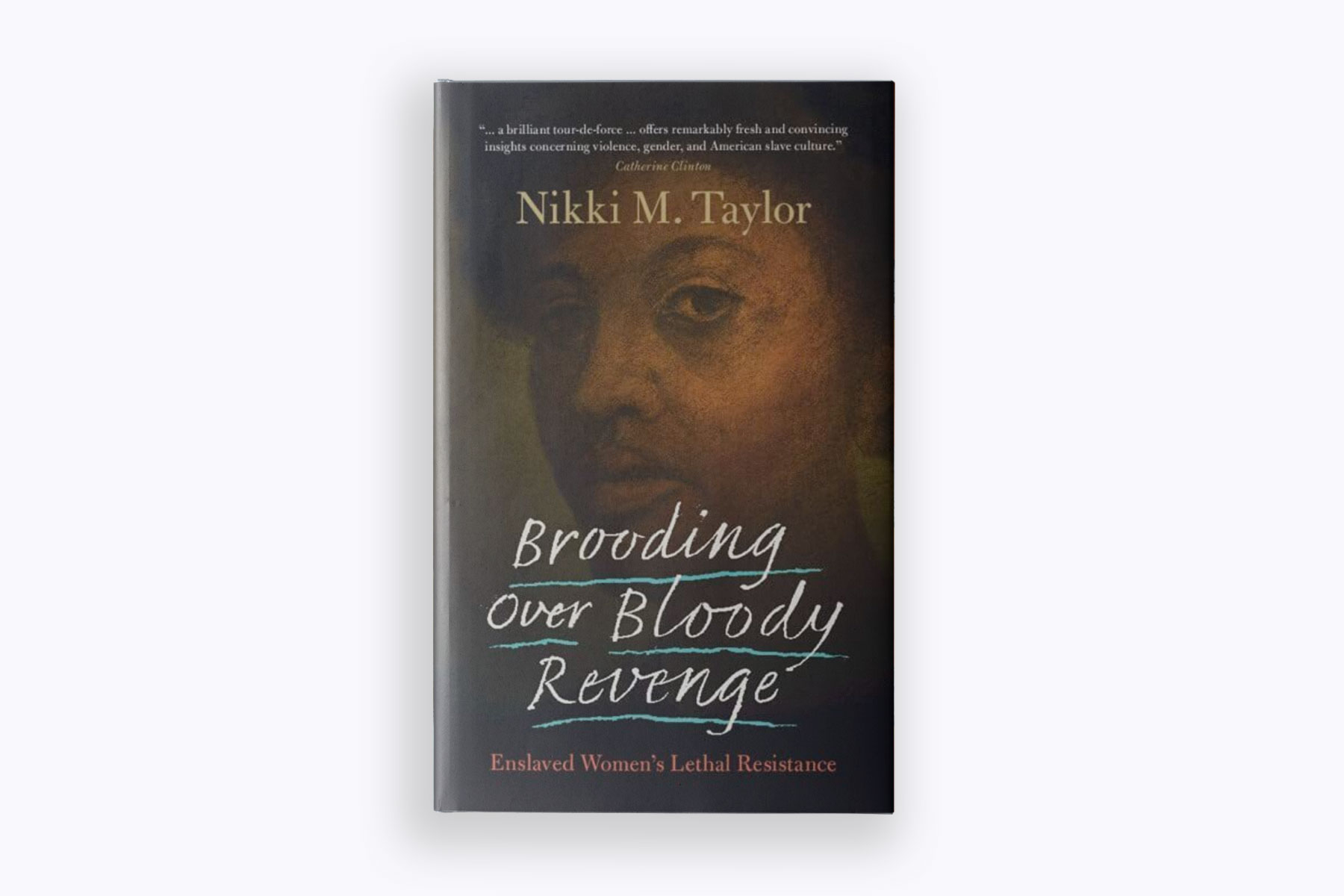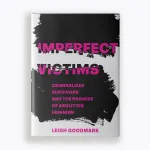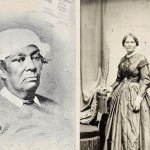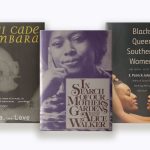We’re telling the untold stories of women, women of color and LGBTQ+ people. Sign up for our daily newsletter.
On the morning of June 29, 1755, Phillis, a Black woman enslaved to Captain John Codman in Massachusetts, prepared Codman’s usual breakfast of oatmeal. It was one of the last meals he would have. Two days later he was dead.
Codman had been prone to painful stomach ailments over the years, but local officials soon learned that his sickness and death were the result of a conspiracy planned by three of his slaves: Phillis, Phoebe and Mark.
For two years, the two women fed a number of poisons to the captain, including arsenic, rat poison and potter’s lead. Phoebe evaded conviction, though the reason why is unclear. Mark was convicted as an accessory to the poisoning plot and hanged; Phillis was sentenced to death by burning at the stake.
Their case was not an anomaly. Between 1681 and 1865 dozens of Black enslaved women were put to death for the murder or attempted murder of White people. Some, like Phoebe and Phillis, used poison, while others used arson or blunt force. Nikki M. Taylor, a historian and Howard University professor, tells the stories of enslaved women who took justice into their own hands and resorted to deadly measures against White slave owners and their families in her new book, “Brooding Over Bloody Revenge: Enslaved Women’s Lethal Resistance.”
These stories, while often gruesome, help to paint a more complete picture of women’s role in slave organizing and rebellion in what is now the United States. The history told about powerful slave revolts primarily centers men and minimizes or erases women’s presence, Taylor told The 19th. She uses a Black feminist framework to unravel the details of these rebellious women’s lives, and unpack the levels of institutional violence they faced and the philosophy of justice that drove them to kill.
This interview has been edited for length and clarity.
Candice Norwood: Your book has a really eye-grabbing title, and you also open with a striking scene describing an enslaved woman who killed the wife of her owner by pushing her into a fire. Why did you want to tell these stories of Black enslaved women who planned and executed murders of their White slave owners?
Nikki M. Taylor: Most historians have basically portrayed Black women’s resistance to slavery as being mild, maybe covert, secretive, and more passive. So I always wondered where the evidence was, and if there was any evidence, that enslaved women actually resisted slavery with violence.
That matters to me because stories of resistance are very powerful. They’re powerful in the classroom. I teach at Howard University, and nobody wants to hear the usual stories about Black oppression and Black people only being crushed under the foot of our enslavers. My students would ask: ‘Why didn’t the women participate in that [Nat] Turner’s revolt?’ So I wanted to tell a different story. These stories were important to me because they answered long-standing questions I had as a scholar, as a student and then even as a professor.
By deciding to do a book like this — it’s very risky. Most of the time as Americans we want to hear stories that uplift us. We want to hear stories that give us inspiration and hope, and this does just the opposite, and so it was risky in that way. But my book was also written at a time that was on the heels of a lot of anti-Black violence in America, and there were these questions of justice that kept coming up for me: What happens when oppressed people don’t get justice? How long do we sit without justice?
-
More from The 19th
- The burning of Tulsa’s Black Wall Street was a defining moment in U.S. history — but its story didn’t end there
- Louisiana sisters fight to protect their community’s health and enslaved ancestors’ history
- Lorraine Hansberry’s family says Chicago’s racist policies seized their land. Now they’re seeking reparations.
I want to go back to the point you made about this being a risky book to pursue. We know that Black people are frequently framed in media as perpetrators of violence. Then on top of that, I think our society is uncomfortable with the idea of calculated violence coming from women. When evaluating the risks here, why do you feel like this is still an important narrative to tell and to develop more in historical research?
For me as a Black feminist scholar, one of the main overarching stereotypes that I was fighting against is the angry Black woman stereotype. Or the violent angry Black woman. And so I asked myself, “Am I falling into that? Am I giving people more fodder for their stereotypes?”
But I decided that I am not. This is the story of resistance. You don’t have this type of violent response without the violence used to keep the institution of slavery intact. So slavery was the violent thing here — not these Black women. Some people forget about the violence of slavery or just don’t even talk about it.
It was an extremely exceedingly violent institution, and it was violent every day. And so these women were acting in a context in which violence was all anybody knew, and it was the only way to deal with injustice for them, because they had no other avenues of redress.
How I ensured that I was not falling into the angry Black woman stereotype is that I made these women human. They were human beings in my book. I got into their personal lives: them as mothers and as women who had their own desires for fun, for relief, for free time. By humanizing them and allowing their voices to speak, then you counter the mindset of people thinking that this is just another example of Black people being violent.
Was there anything that surprised you or stood out as especially interesting on this research journey?
This is my fourth book, and for every single one of my books the archive has been a problem with trying to find enough sources to be able to write something, because in the 19th century and earlier, this was a time when many of us were not allowed to read and write. And so with this book I just didn’t expect to really find many sources.
I was really shocked to see that, in fact, these women were very present in court records. Not only were their identities present, but their voices were present, which is another thing you don’t really see in the age of slavery.
Another thing I was surprised to see is that these Black women who killed their enslavers are more visible in the historical record than the people who owned them. So I thought that it was ironic that enslaved women’s actions also amplified these White men’s stories in the historical record.
You talk in the book about how the enslaved women themselves would not have been highlighted in the public record had it not been for their resistance. What kinds of records did you look through in order to tell the stories of these women?
I did not know all the nuances of legal records and court records. I knew court records existed, but I didn’t know that there were separate courts for enslaved people. I was only vaguely aware of these courts, so I had to learn all about the legal process and the judicial systems. It was daunting at times, but I did the best that I could to recreate the legal context that each of these women had to grapple with.
The legal contexts were different in colonial Massachusetts versus antebellum Texas with different laws. So I really got to see the patchwork that we call the judicial system in America.
Then I had to follow that up with newspaper work, and wills and estate records because the White laborers who got murdered were not as discoverable. I got newspaper records and found information about the executions and even the last words of the women. So again, their voices were all over this stuff.
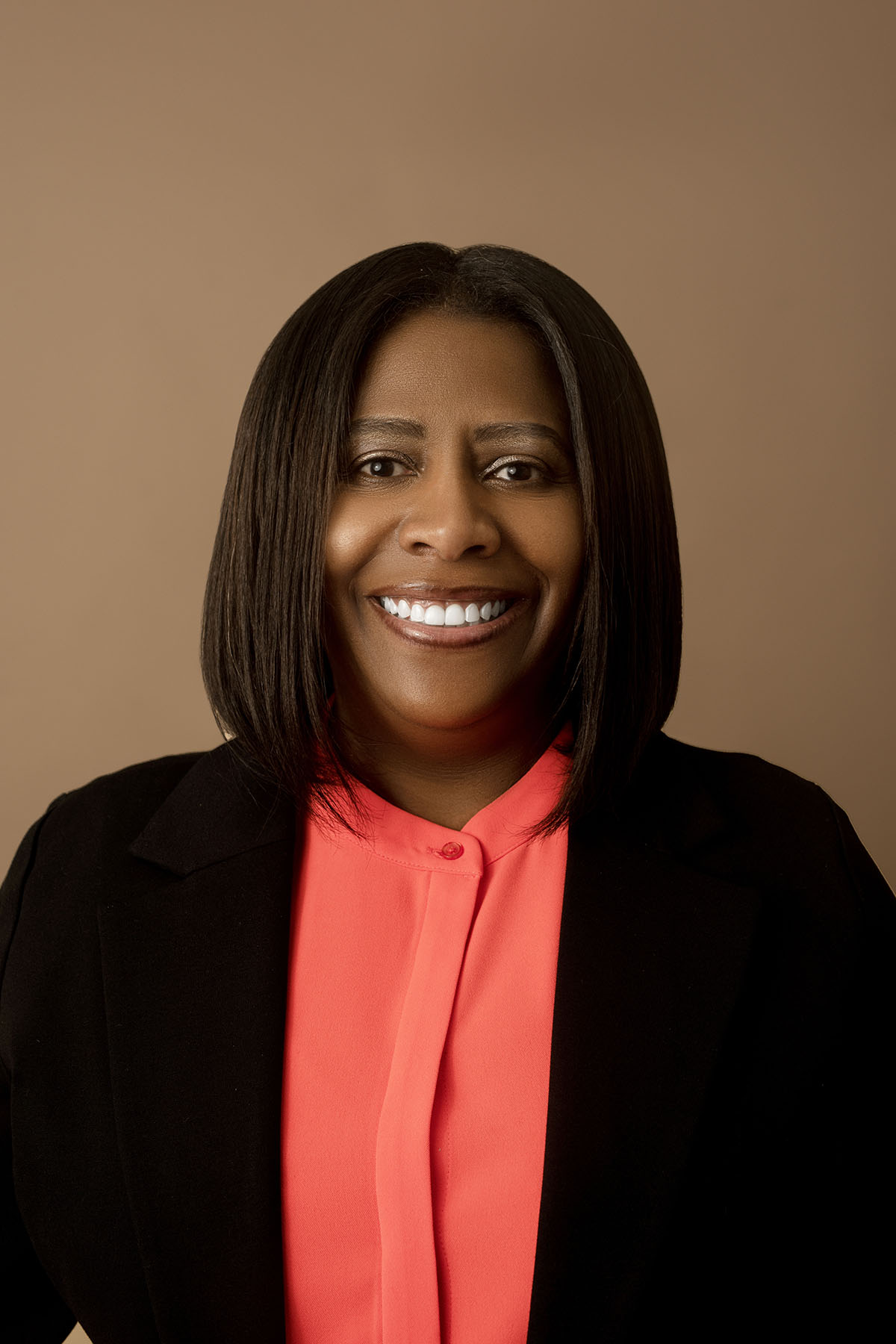
You wrote that these enslaved women were not trying to dismantle the institution of slavery by killing their owners. It was more about personal revenge, and most of the women were ultimately executed for their crimes. Can you talk more about what their personal motivations were and the significance of them?
I think it was very rich and powerful that they actually stated why they did what they did. Oftentimes, we’ll just hear that somebody was executed on this day, and you don’t have any context about what happened or what their last thoughts were.
But all of this was in my book because it was all in the records of the case. I think we as a society don’t usually think that enslaved people were intellectual or that they thought deeply about certain concepts like freedom. In this case, the women thought deeply about the concept of justice.
Here are these unlettered, uneducated women that are crafting their own philosophy of justice, and it has nothing at all to do with how White slavers and powerful White people defined justice. In fact, they had a keener sense of justice on a humane and human level than any other group in American society, in my opinion.
It also proved that this was not impulsive. These women that I chose in this book thought very deliberately about what was being done to them and who was to blame. They thought: “Anybody who is a part of this system of enslavement that is oppressing me and denying me humane treatment — they’re part of the problem.”
You can only judge them if you don’t want to engage with the larger history.
People might say, “Oh, these women are so violent.” Well, that comment would come from somebody who doesn’t want to talk about the violence that was used to maintain slavery for hundreds of years. You start to realize how ridiculous the critiques are if we don’t also have a critique of the system that created and led to these responses from the enslaved women, their brutality.
-
More from The 19th
- Long excluded from the Mississippi statehouse, Black women fight on the margins for democracy
- What a teacher’s little red book taught the world about the Tulsa massacre
- Mainstream education often neglects Black history. TikTok, Freedom Schools and other resources are bridging the gap.
That idea and your approach to this book interweaves the concepts behind Black feminist theory. What are the tenets of that philosophy?
Black feminist theory at its heart challenges stereotypes. That’s one of the goals as articulated by Patricia Hill Collins, who is one of the main architects. It also centers Black women’s perspectives and voices. That’s what I do in this book. It also is rooted in Black women’s lives and experiences, so their experience with enslavement is how I show the reader why they were so upset about how they were being treated.
Black feminist theory allows us to humanize these women and to see the complexities of what they did. Anytime marginalized people use violent resistance in a very racist, violent society, people blame those who are resisting and not the system. Black feminist theory in this book forces people to reckon with that.
My last question for you turns back to your research on the judicial system during the time of these women’s lives. Did you find anything in your research that you think connects to the way we think about or treat Black women in U.S. society today?
You can’t keep denying justice to people, Black women in particular, and think that it’s going to be left unanswered, or think that we’re going to continue to just simply cry. At some point we act. And that would be justifiable because we’ve cried out for hundreds of years, and have gotten very little justice in return for all of these heinous things done to us and to our children. So, that’s one thing.
A second thing is that from the beginning the American judicial system has been corrupt inside and out, and it was never designed for Black women to get justice. It was never designed for us. And unfortunately, the modern justice or judicial system is built on those old ideas. The fact that you would have unequal sentencing for Black and White defendants that do the same crime. The fact that for enslaved people in Virginia, there were dozens of things that constituted capital offenses, and they were small things.
I had to revisit all the statutes governing enslaved people and also free Black people. And it was just awful. This unequal, uneven judicial system with too many harsh penalties for Black people is almost a continuous thread from that time to the present. It’s a problem, and it’ll always be a problem unless we have a reckoning with the fact that it’s been a problem from the beginning.
